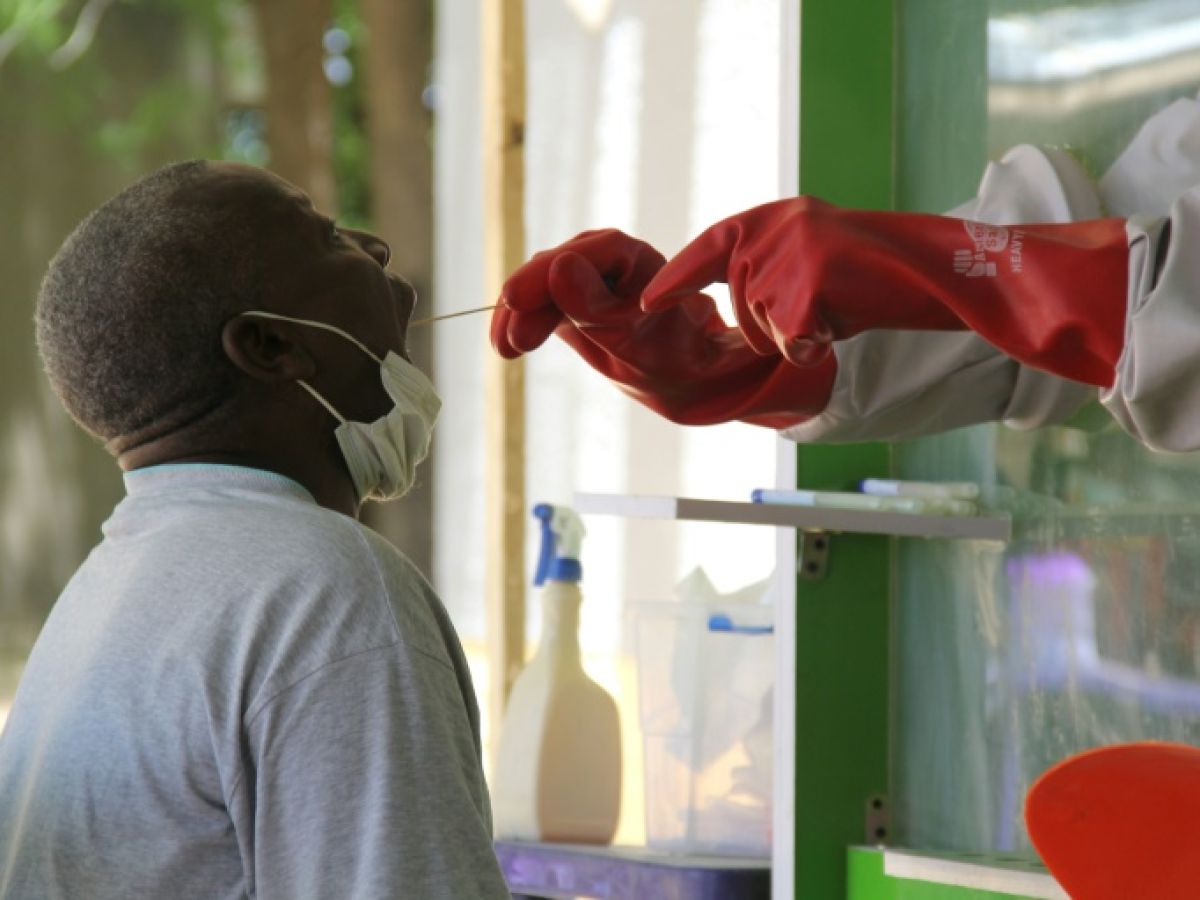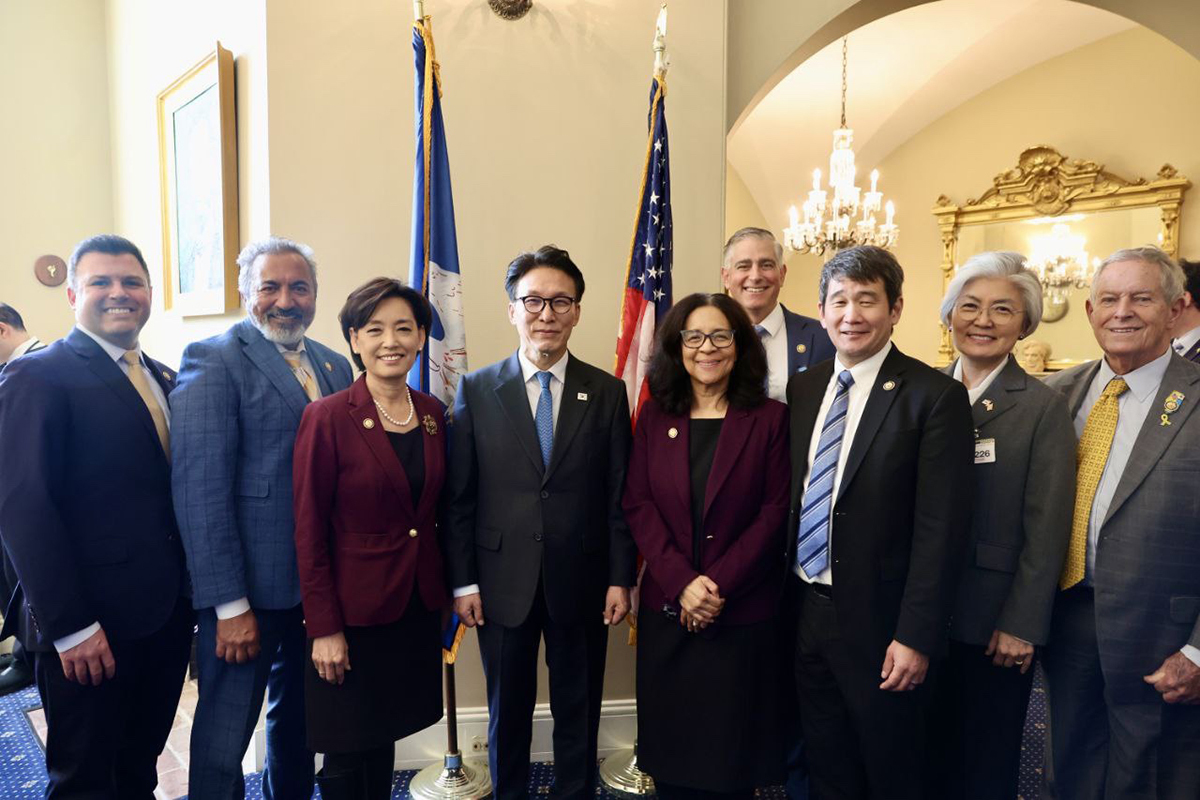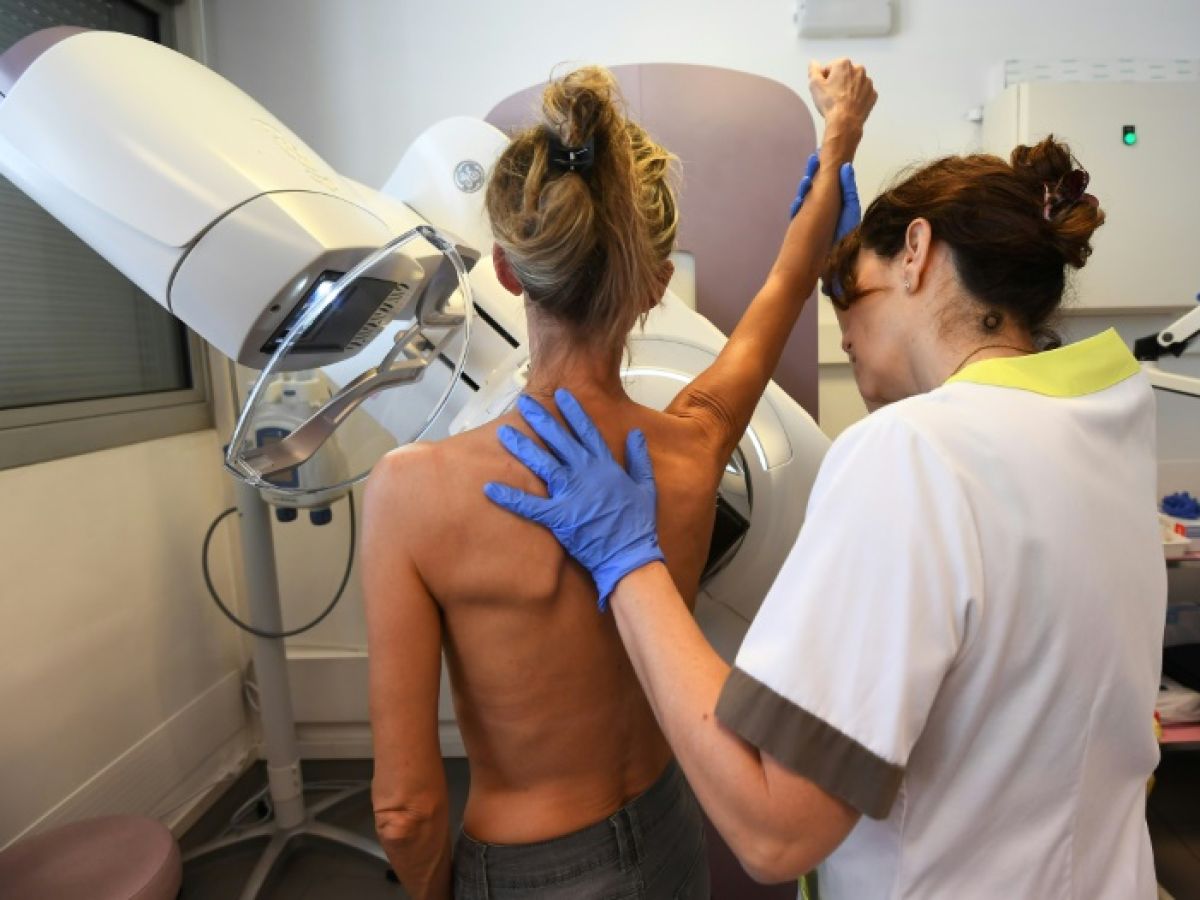After more than three years of negotiations, the member states of the World Health Organization will meet again on April 15, 2025, to finalize the Agreement on Pandemics, having reached an agreement " in principle " last week. " Countries are expected to finally conclude negotiations today. While the agreement involved several compromises, it contains many positive elements that will establish a new framework for more equitable and just pandemic preparedness and response in the future.", commented Doctors Without Borders (MSF).
Delegates began the closed-door meeting around 10:15 a.m. (08:15 GMT) at WHO headquarters in Geneva, hoping to conclude as quickly as possible, as some countries sent their experts back to capitals on Saturday because the meeting was scheduled to end last week. Five years after the arrival of Covid-19, which killed millions and devastated the global economy, the world, while better prepared, is far from ready to face another pandemic, according to the WHO and experts.
“ A pandemic agreement will give the world better tools to prevent, prepare for, and respond to future pandemics", assured Catharina Boehme, Assistant Director-General for External Relations and Governance at WHO, on her LinkedIn account.
But the negotiations are taking place against a backdrop of a serious crisis in multilateralism and the global health system, triggered by President Donald Trump's drastic cuts to US international aid, despite the United States being by far the largest humanitarian donor. They were also absent from the negotiations, as the US president decided to leave the organization.
Agreement in principle
On Saturday morning, after five days and a full night of talks, Anne-Claire Amprou, co-chair of the negotiating body and France's ambassador for global health, announced: an agreement in principle", pending the final agreement of the capitals. After a three-day break, the delegates must " groom » Tuesday the text one last time, unless there is a last-minute blockage.
“ If the text is adopted, it will be a first in the history of international agreements: through this text, countries affirm the need, when they finance research and development of new treatments, diagnostics or vaccines with public funds, to attach conditions to this funding to ensure that the public can benefit from it.", Michelle Childs, director of the Drugs for Neglected Diseases Initiative (DNDi), told AFP.
“ It establishes a critical baseline upon which to build to save lives during the next global health emergency. It's a starting point, not the finish line." she said.
Technologies and sanctions
If it is passed without a hitch, the text – which will have the status of an international treaty – will have to be adopted at the World Health Assembly in Geneva in May by WHO member countries.
One of the main points of contention on Friday was Article 11 of the 30-page text, which defines the transfer of technologies for the production of health products related to pandemics, particularly for the benefit of developing countries, several sources told AFP.
The issue had been at the heart of many grievances among poorer countries during the Covid-19 pandemic, as they saw wealthy countries hoarding vaccine doses and other testing. Several countries, where the pharmaceutical industry is a major economic force, opposed the idea of mandatory transfers and insisted that they were voluntary.
Moreover, " The question of the wording relating to sanctions remained to be resolved. "international," Thiru Balasubramaniam of the NGO Knowledge Ecology International (KEI), which has been following the negotiations since the beginning, told AFP. The text provides for the establishment of a global network of supply chains and logistics to expand access to health products to fight pandemics or in humanitarian contexts. But countries still had to agree on other non-pandemic or humanitarian contexts, to facilitate access for countries subject to international sanctions.


